
A place for stories about chronic illness, disability, mental health, and neurodivergence.
The Magazine
At Knee Brace Press, we publish a wide variety of creative content. Check out our:
Or read all of our content below:
-
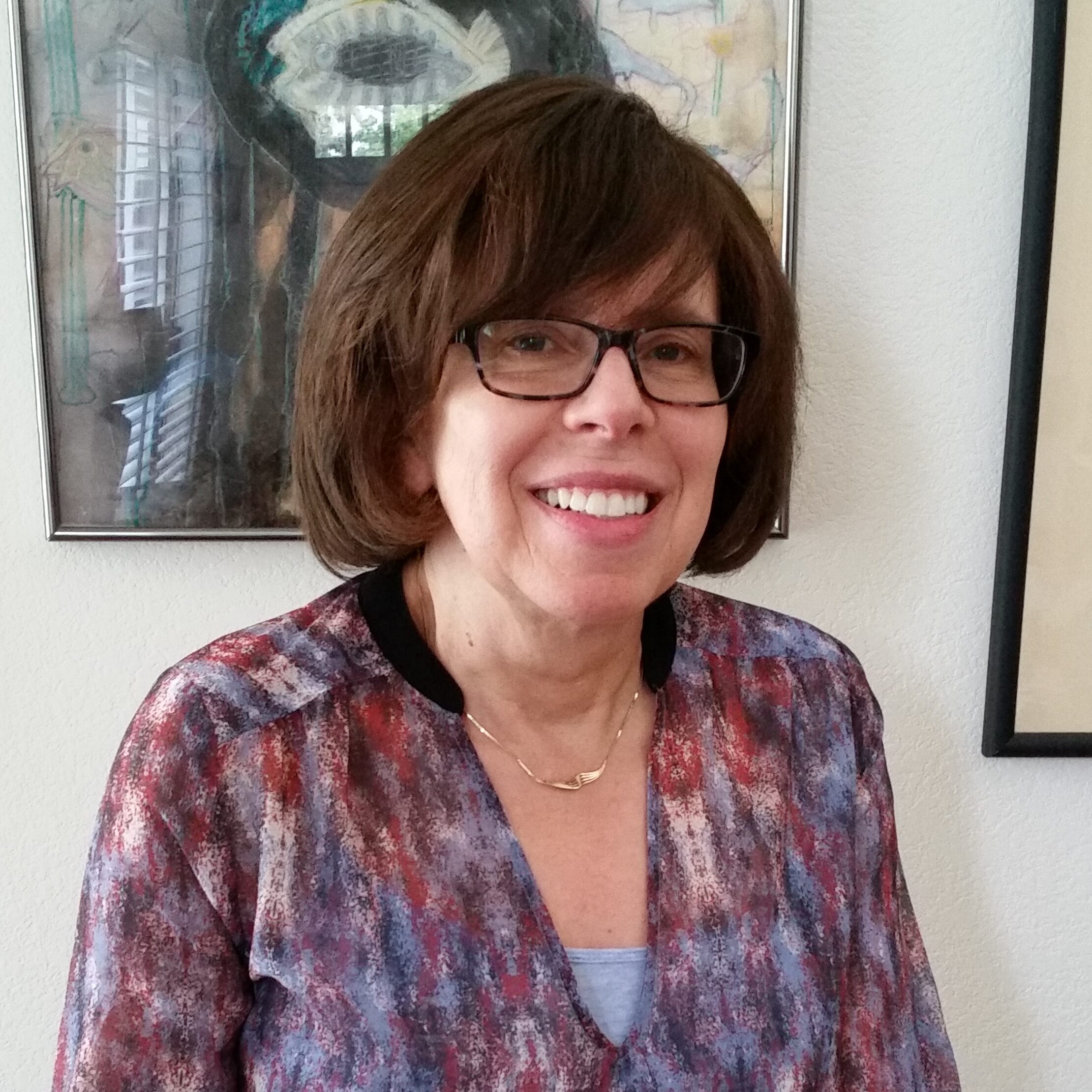 By Emily Dwass
By Emily DwassJournalist and author Emily Dwass shares an excerpt from her book, Diagnosis Female: How Medical Bias Endangers Women’s Health.
-
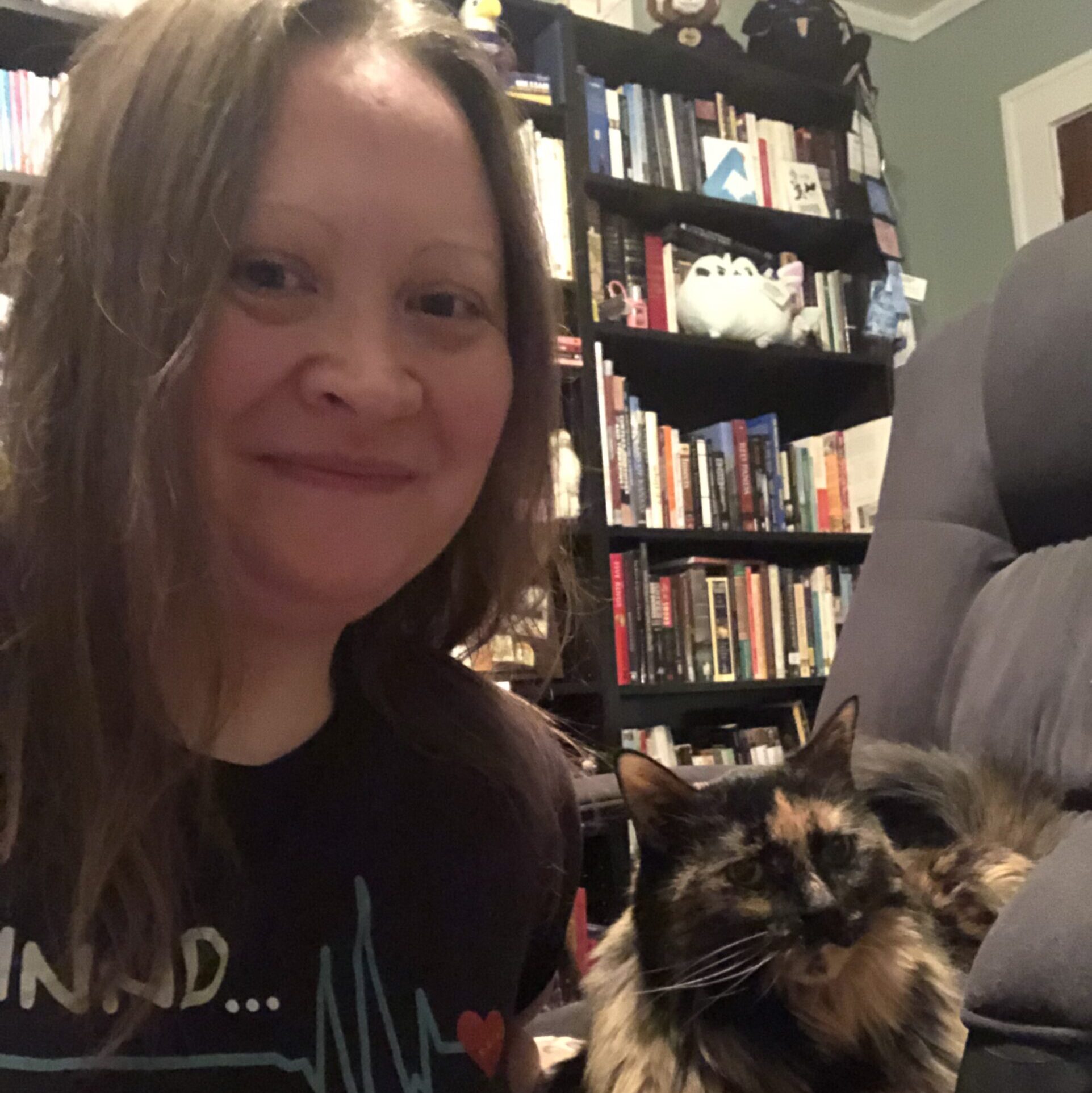 By April McCloud
By April McCloudPoet April McCloud (she/her, 1% bionic human) writes about her complex relationship with disability in the form of an application.
-
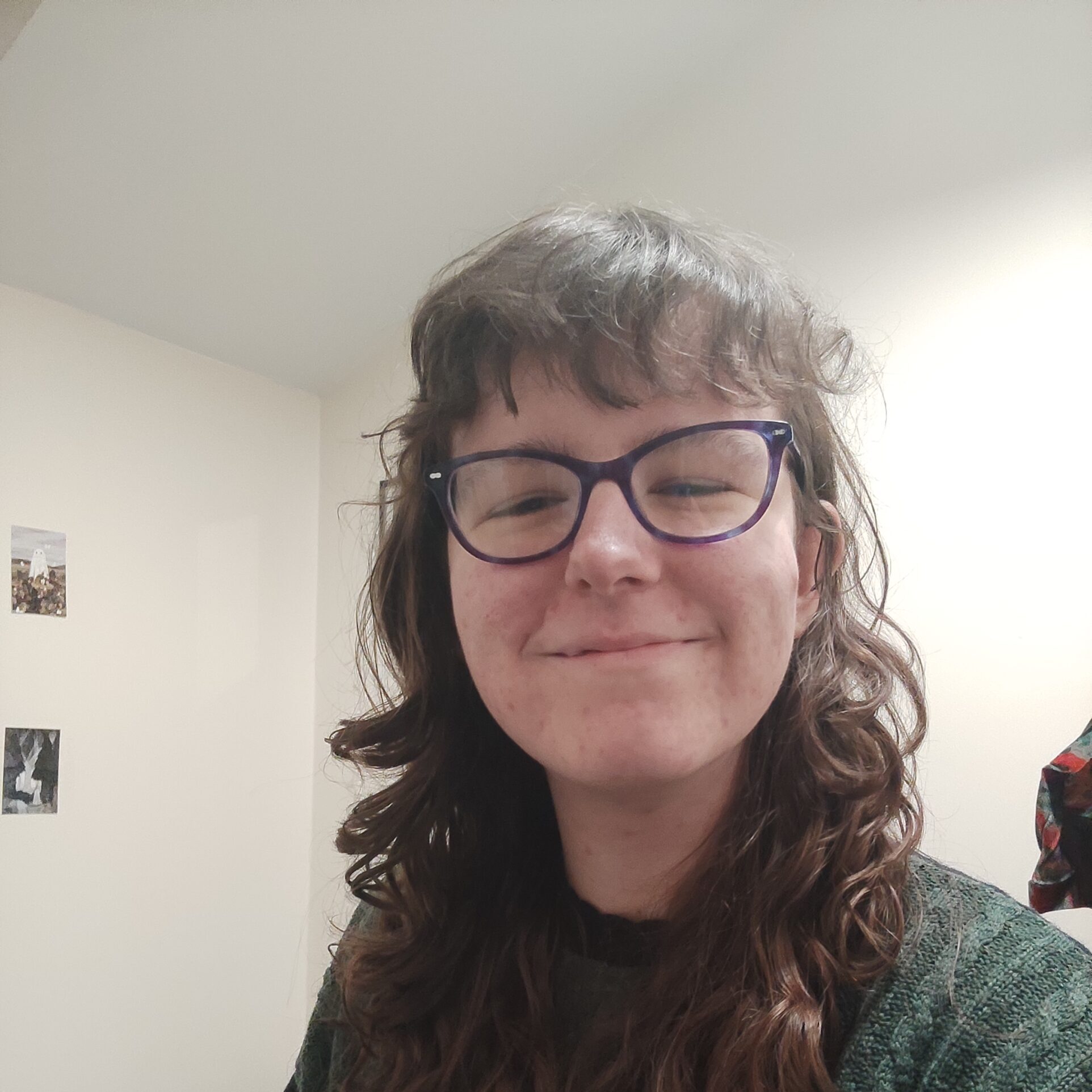 By Sophie Mattholie
By Sophie Mattholie“It’s getting bad again – I mean, this is technically the worst it’s ever been …” In her new poem, sickness in the seams of it all, Sophie Mattholie writes about her experience with POTS.
-
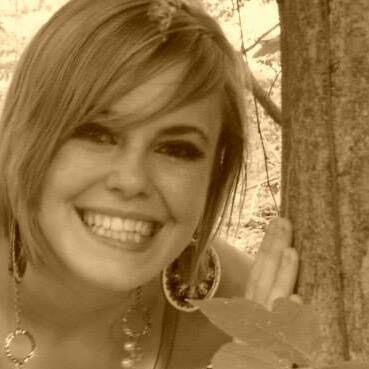 By Allison Stalberg Siebens
By Allison Stalberg SiebensWe spoke with author R. Ramey Guerrero about Dust of a Moth’s Wing, bipolar disorder and PTSD representation, and the process of writing a multi-book series.
-
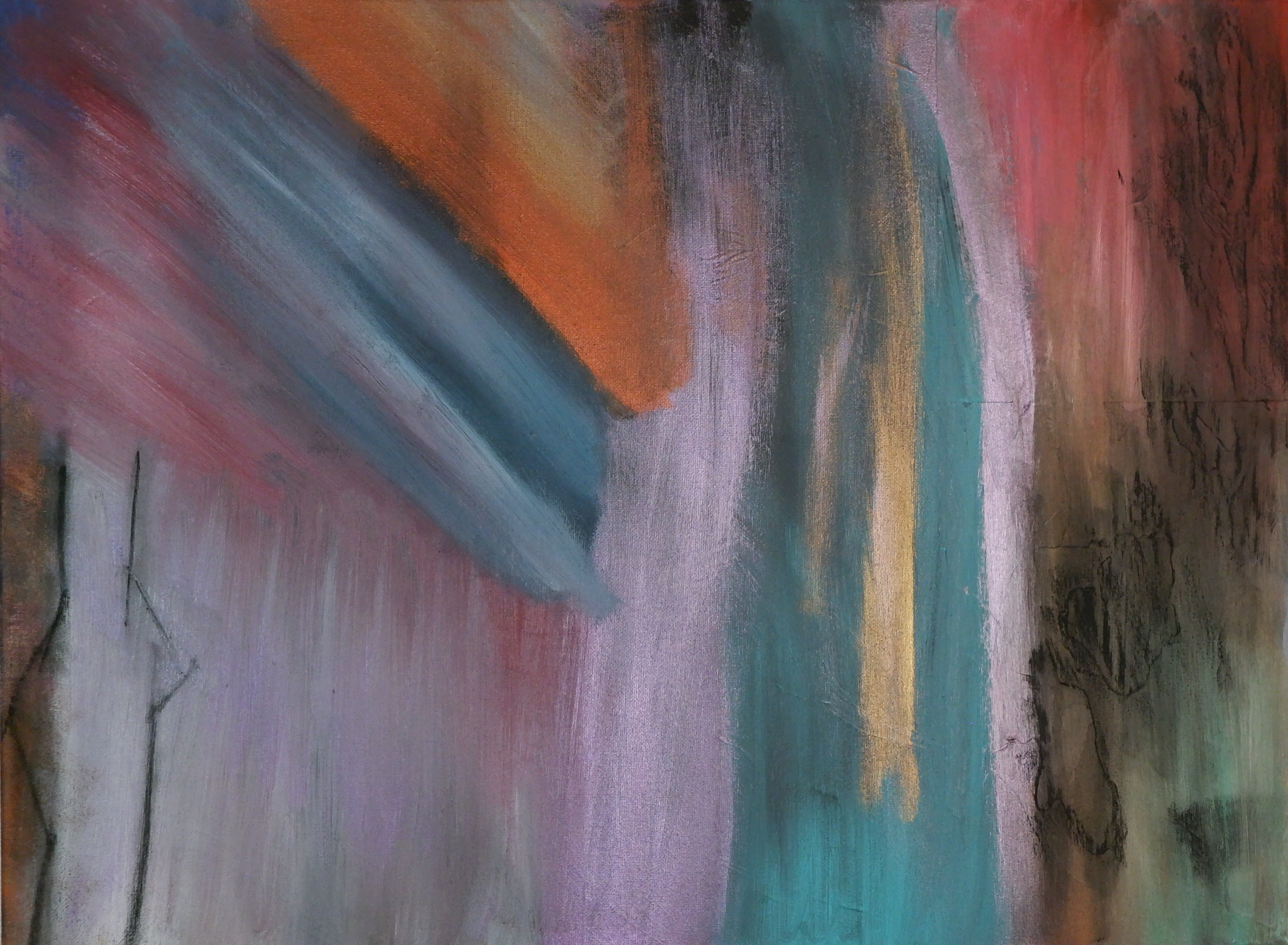 By Kerri Curtis
By Kerri CurtisNumb, by Kerri Curtis, refers to feeling of wanting to be numb after having too much outside stimulation and everything feels like it’s too loud, too bright, too much. Mix in anxiety, which can be equally tiring, and this piece is the safe cocoon to hide away in.
-
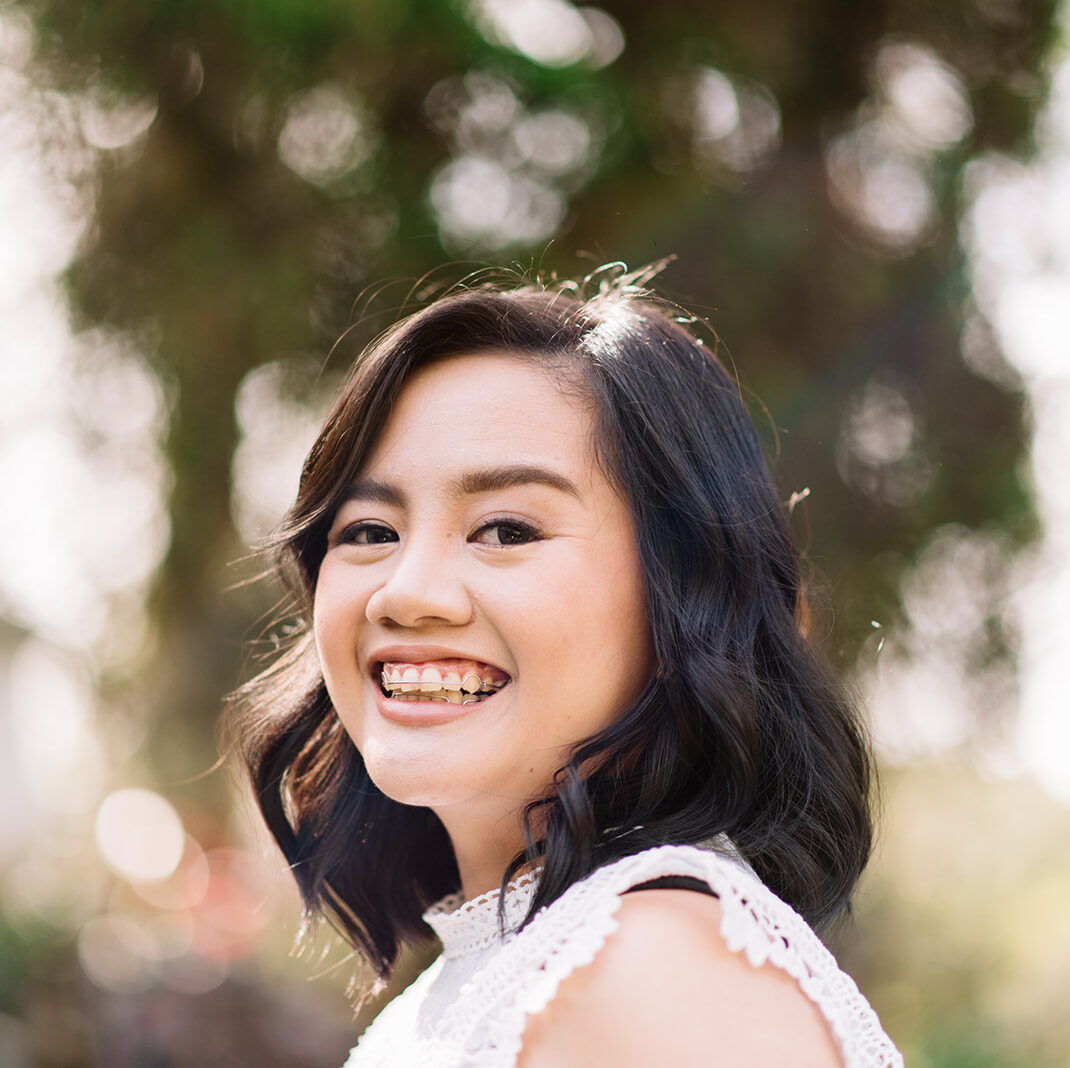 By Heather Ann Pulido
By Heather Ann PulidoIn her first poem for Knee Brace Press, Heather Ann Pulido writes about relationships, anxiety, and endings.
-
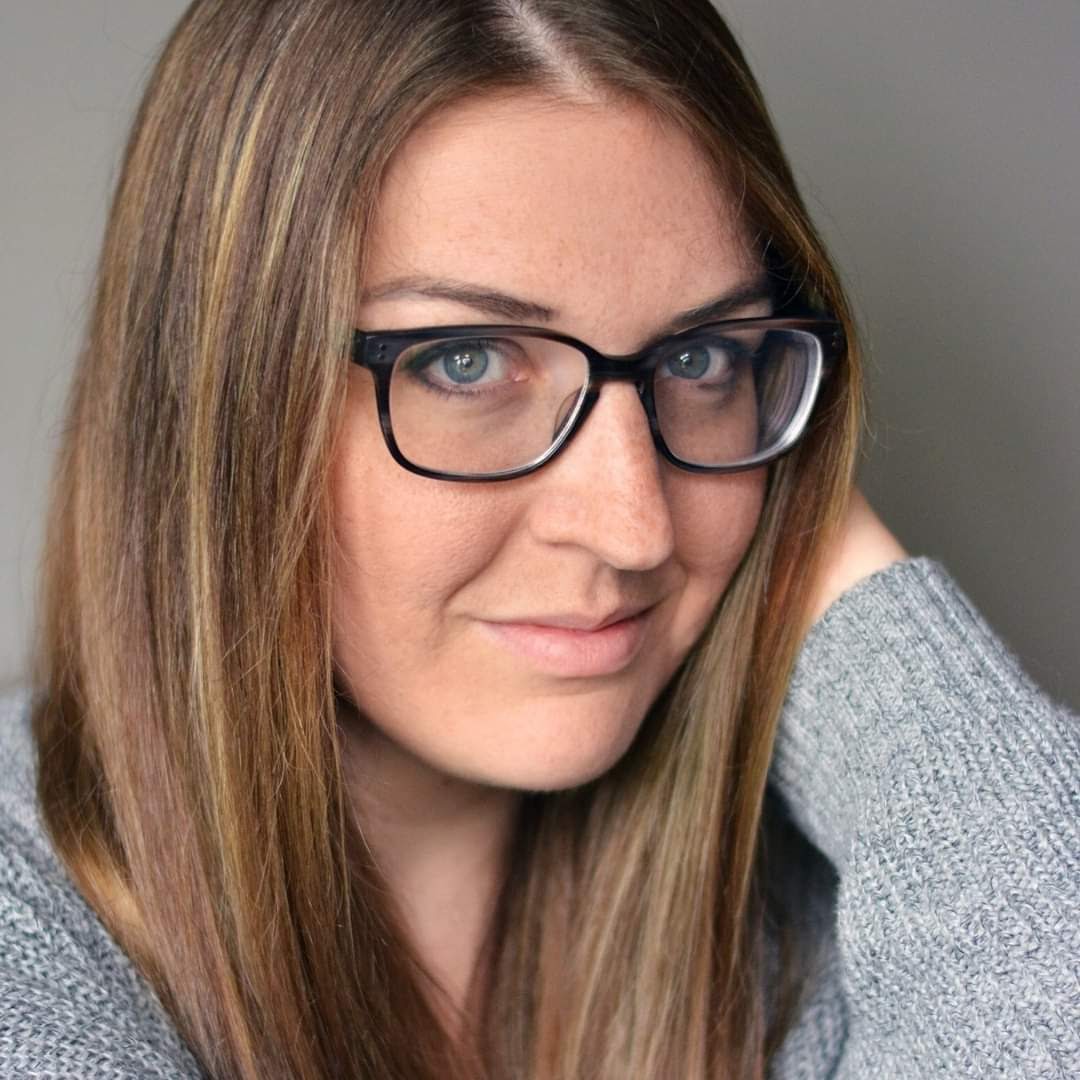 By Allison Stalberg Siebens
By Allison Stalberg Siebens“Sometimes books help us escape to fun places – like summer camp! – but sometimes, we also like to feel seen. I wanted to write a book that did both.”
-
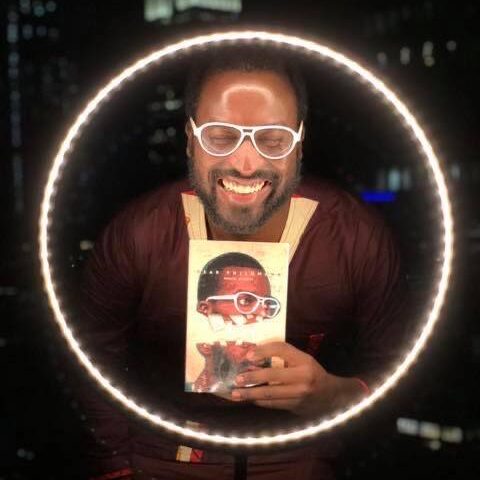 By Mugabi Byenkya
By Mugabi ByenkyaMugabi Byenkya’s latest poem, texting a friend in 2021, is about recovery, boundaries, and protecting your peace.
-
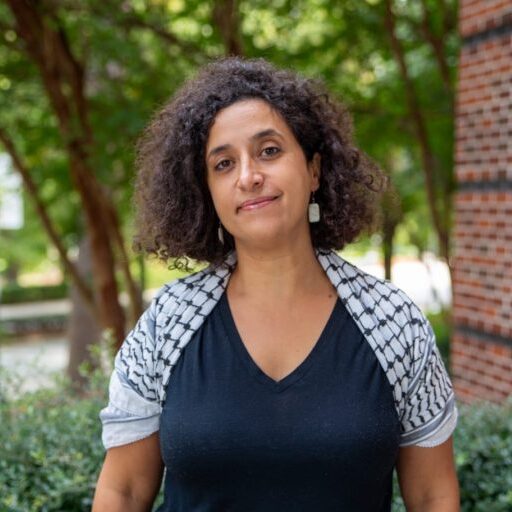 By Allison Stalberg Siebens
By Allison Stalberg SiebensWe spoke with author Diya Abdo about her book American Refuge, the impact of resettlement on the mind and body, and how to write a story with compassion and empathy.
-
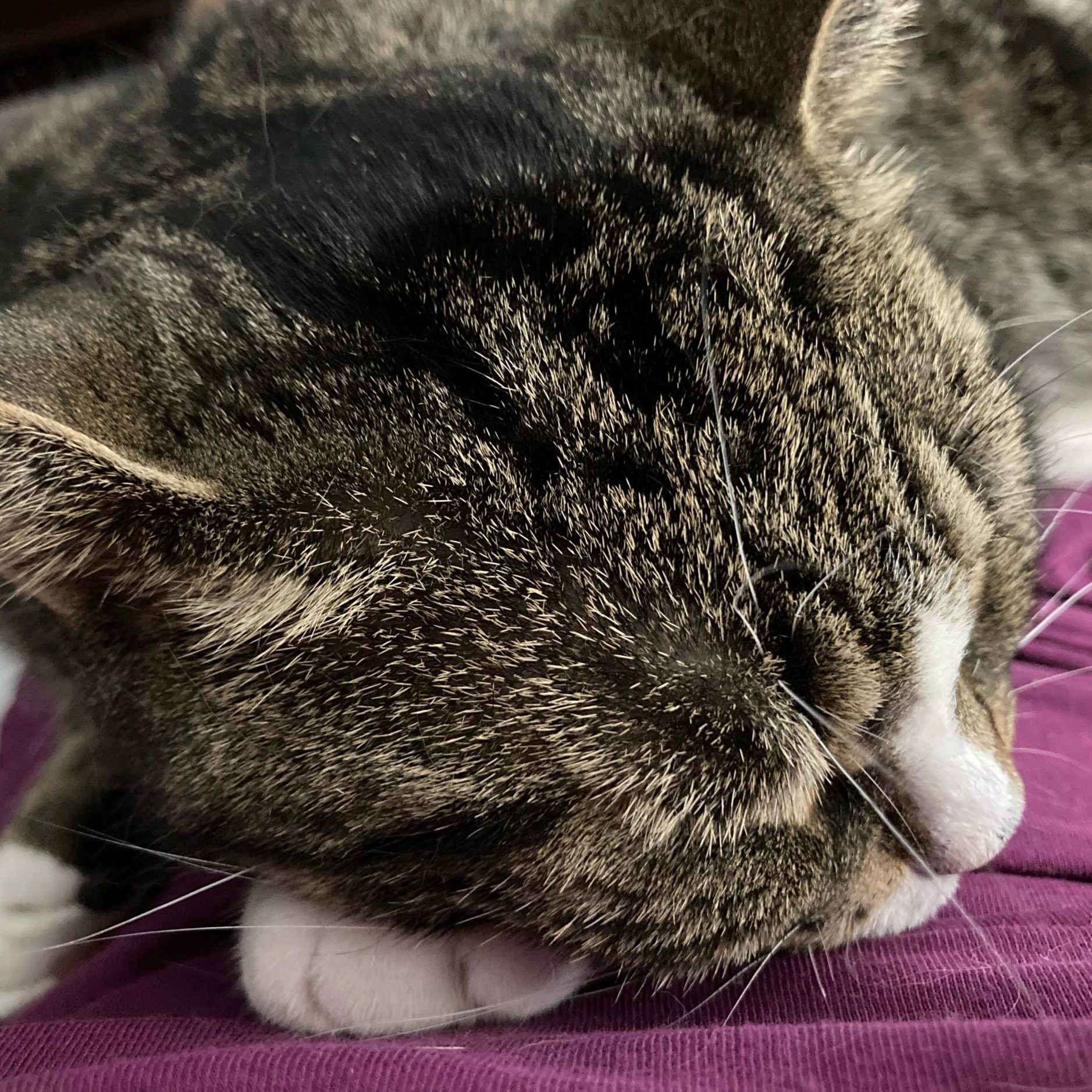 By EJ Croll
By EJ CrollEJ Croll’s speculative short story, Spoons, is about their own experience of chronic fatigue, chronic pain, and the frustration of living with these limitations.